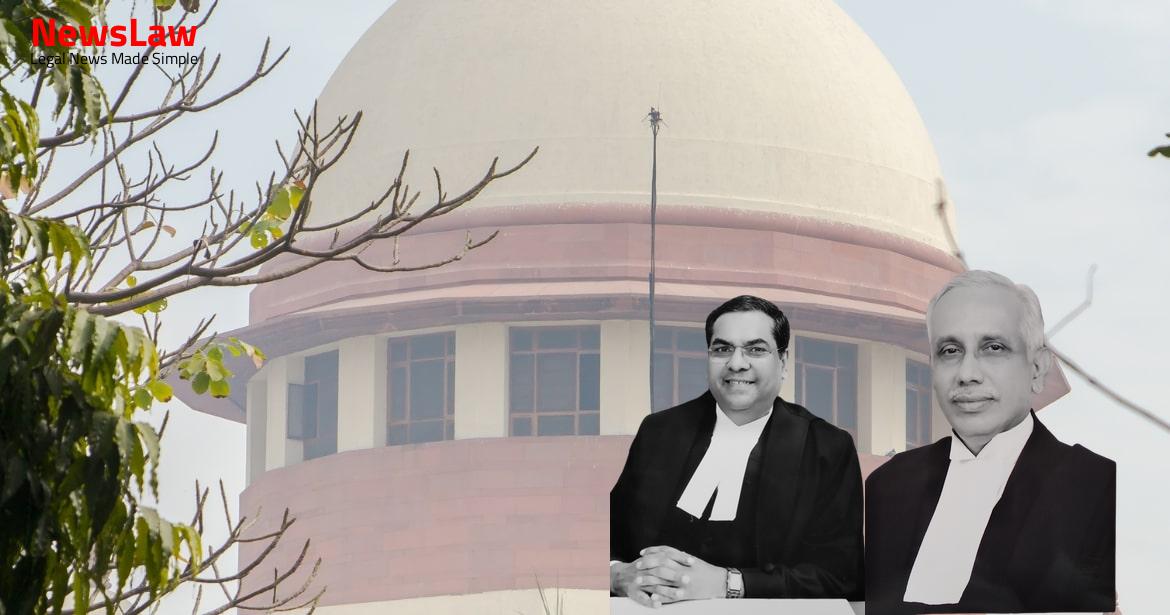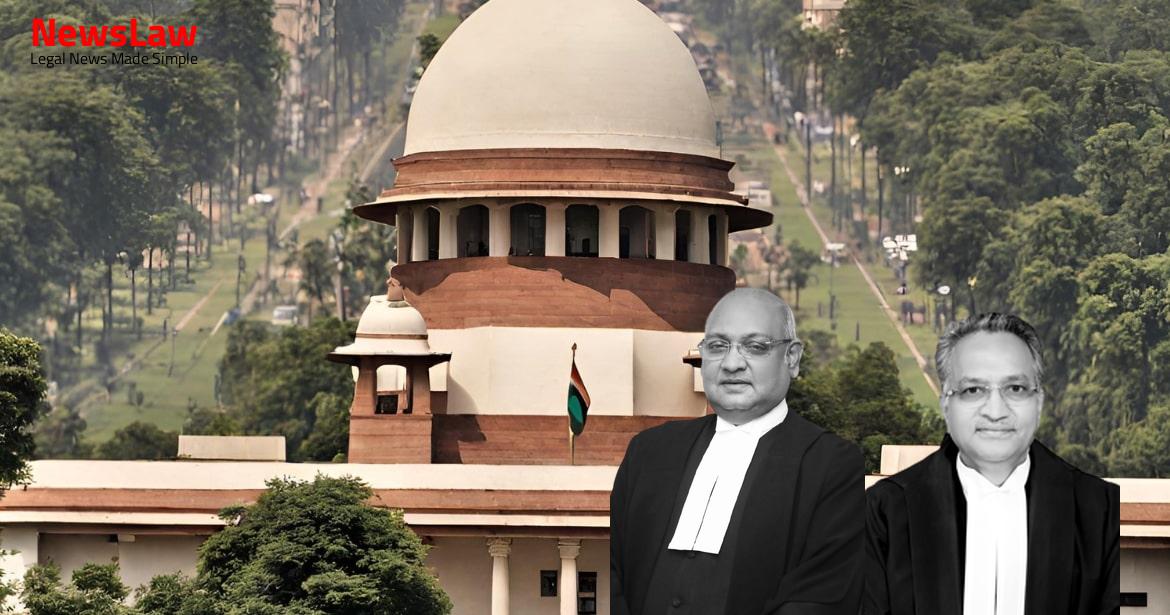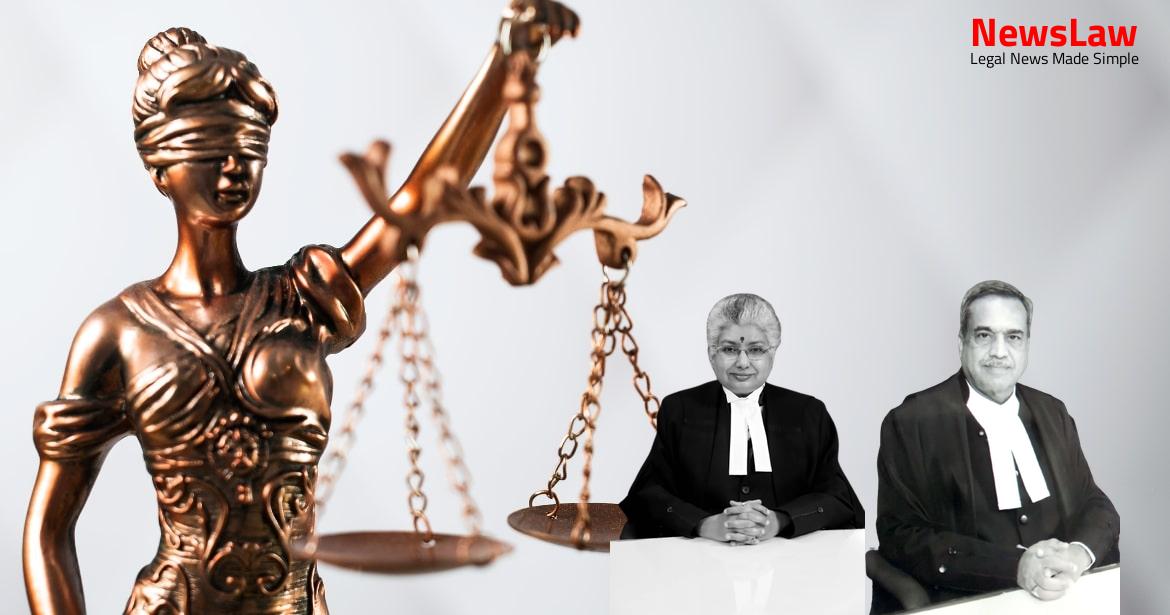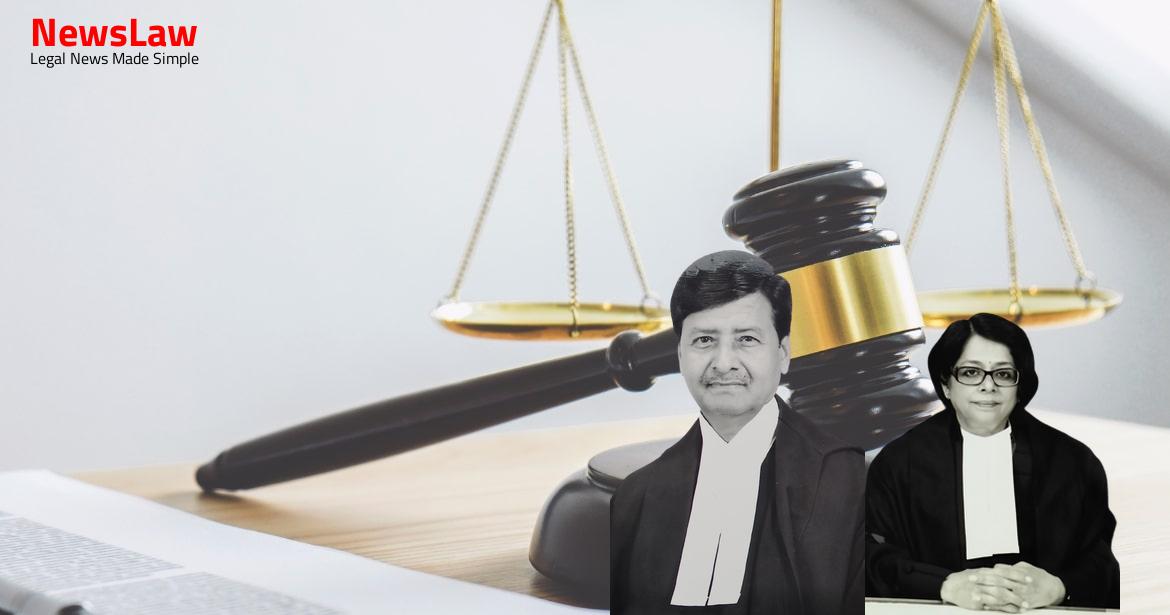In a significant legal judgment, the Supreme Court of India deliberated on the validity of a Will in the case of Harbans Lal against Surinder Pal Sharma. The case revolved around the attestation and proof requirements under the Indian Succession Act, highlighting the crucial importance of adherence to statutory provisions for establishing the authenticity of testamentary documents.
Facts
- Harbans Lal, a displaced person due to partition, applied for accommodation in Delhi in 1958, listing his family members.
- Suhagwanti Devi, his wife, was allotted a duplex tenement in March 1972 under a Redevelopment Scheme.
- The allotment required surrendering another property within 3 days.
- Raj Kumari, Harbans Lal’s daughter, filed a suit in 2004 for partition of the property with co-owners.
- Surinder Pal Sharma contested the suit, claiming ownership based on a purported will by Suhagwanti.
- Suhagwanti, the wife, passed away in 1999 during the legal proceedings.
- Santosh Rani, another party, also passed away and was represented by her daughter.
- Despite service, Puran Devi and Santosh Rani did not file their written statements in the case.
- The High Court held that the Will was attested by two witnesses, Ramesh Kumar and Mr. M.N. Sharma, Advocate, satisfying the requirement of clause (c) to Section 63 of the Indian Succession Act.
- Efforts were made to summon the attesting witness Mr. M.N. Sharma, Advocate, but he did not appear.
- In light of Section 71 of the Evidence Act, the Will should be treated as proved due to registration and presumption under Section 114 of the Evidence Act would apply.
- Allegations of forgery of the signature for mutation were dismissed as irrelevant to the validity of the Will.
- Raj Kumari, Meenakshi Sharma, and Veena Malhotra appealed to set aside the High Court judgment and restore the trial court’s preliminary decree of partition.
- The judgment emphasized the importance of proper attestation and proof of Wills under relevant Acts.
- The trial court’s preliminary decree of partition was overturned as Surinder Pal Sharma failed to prove the authenticity of the Will in question.
Also Read: Illegal Sand Mining Case: Supreme Court Judgment
Analysis
- A will must be attested by two or more witnesses as per Section 63 of the Act.
- The witnesses must have seen the testator sign the will or received a personal acknowledgment of the signature.
- The attesting witnesses must be produced and alive for the propounder to benefit from Section 71 of the 1872 Act.
- A distinction must be made between failure to prove execution and attestation by an attesting witness and their denial or failure to recollect the event.
- Section 71 of the 1872 Act must be strictly interpreted in the context of proving a Will as the last testament of the testator.
- Strict requirements of clause (c) to Section 63 of the Indian Succession Act must be adhered to by the propounder to remove all legitimate suspicions before accepting a Will as valid.
- The presence of suspicious circumstances makes the onus heavier on the propounder to prove the validity of the Will.
- The relaxation provided by the proviso is not applicable to a Will as per the statutory provisions.
- The evidence adduced by the parties must be scrutinized under the framework of the relevant statutory provisions to draw conclusive findings.
- There is no specific requirement in the statute that the testator must sign the Will only in the presence of attesting witnesses simultaneously.
- In cases where witnesses’ evidence lacks credibility, Section 71 of the 1872 Act cannot be used to support the propounder’s position.
- The Will, being a testamentary document, speaks from the death of the testator, making it crucial to establish its validity through disinterested and satisfactory evidence.
- The dissimilarities between a Will and other documents of conveyancing highlight the solemnity and importance attached to ensuring the sound execution of a Will.
- Section 63 of the Succession Act requires a will to be attested before it can be used as evidence.
- For the will to be admissible, it must be attested by two or more witnesses as mandated by Section 63.
- In cases where the will’s execution is surrounded by suspicious circumstances, the judicial conscience test must be satisfied.
- Section 68 and 71 of the Evidence Act detail the requirements for proof of documents that need attestation.
- The propounder must demonstrate that the testator signed the will and was of sound mind at the time.
- Suspicion may arise if the signature is doubtful or the testator is in a state of feebleness.
- The onus to prove coercion and fraud in objecting to a will lies with the objector.
- The court’s role is limited to examining the validity of the will based on the testator’s intent and sound mind.
- Recourse to Section 71 is impermissible if the attesting witness is not examined under Section 68.
- The nature and quality of proof must be adequate to remove any suspicions regarding the will’s validity.
- The execution of the will must be proven through the attesting witnesses or other evidence if the witnesses deny or fail to recollect.
- The signature of the testator or the person signing on their behalf must be placed to give effect to the writing as a will.
Also Read: Interpretation of Government Premises in Eviction Proceedings
Case Title: RAJ KUMARI Vs. SURINDER PAL SHARMA
Case Number: C.A. No.-009683 / 2019



